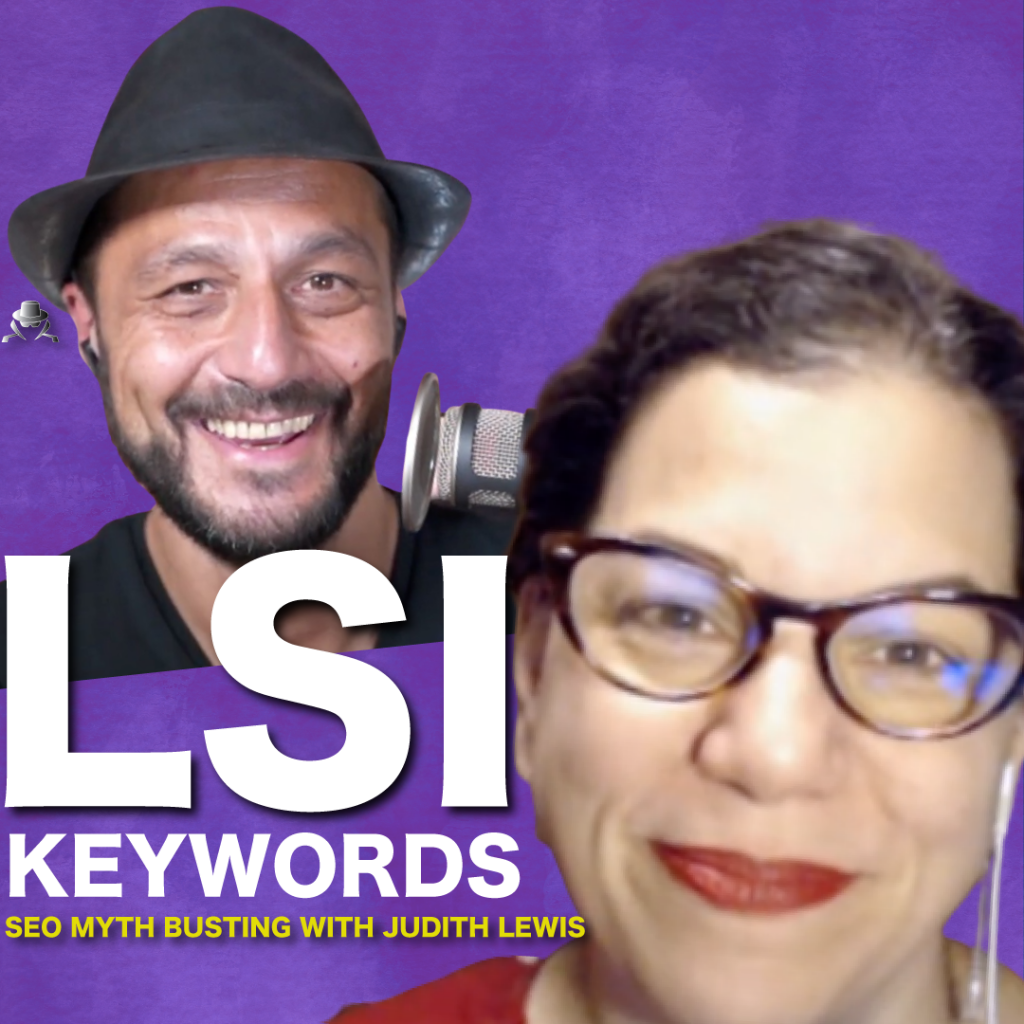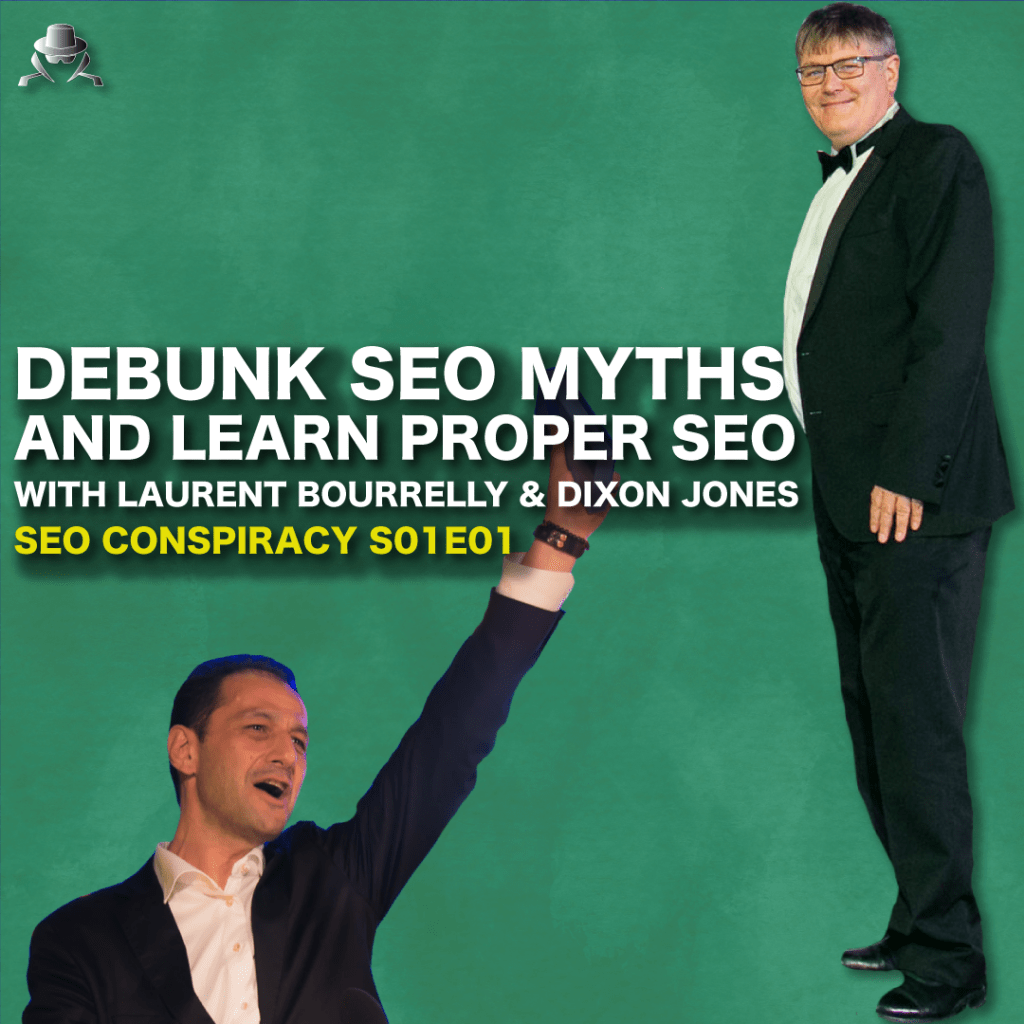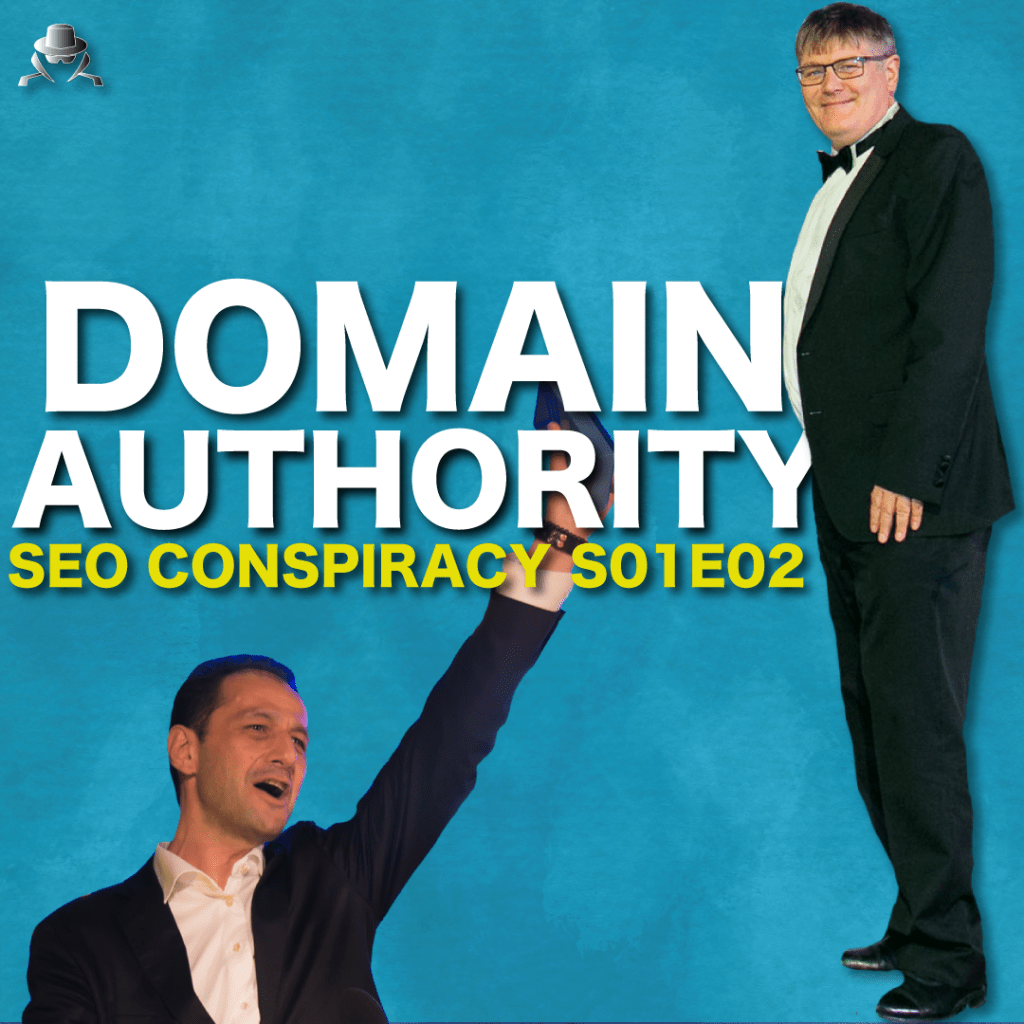LSI Keywords : How Is It Possible To Believe In Them Today? Google SEO comes out with weird stuff.
Latent Semantic Analysis and Latent Semantic Indexing are very interesting algorithms. However, we know they are not used by Google for the Search Engine. They are in the Core of Adsense algorithms, but they are not relevant for organic search. Moreover, they are not made to extract “keywords” in any way shape of form. Some SEO Tools came out with the concept of extracting LSI Keywords, in order to improve your content if you include them into the text. Today, with my special guest Judith Lewis, let’s debunk the myth of LSI Keywords because it is so silly I don’t get why it’s still alive today.
Watch the video:
The LSI Keywords Myth: Debunking the Hype
Latent Semantic Indexing (LSI) keywords have become a buzzword in the SEO world, touted as a must-use strategy for boosting rankings. The reality? LSI keywords are nothing more than a misunderstood and misapplied concept, often misused to sound sophisticated while offering little real value. Let’s dive into the origins of LSI, why it’s irrelevant for modern SEO, and what you should focus on instead.
What is Latent Semantic Indexing (LSI)?
LSI is an information retrieval technique patented in 1989 by Bell Communications. It was designed to analyze relationships between terms and concepts in a closed document environment, allowing for more accurate data retrieval. Here’s the key: LSI was developed for static, limited datasets, not for the vast and dynamic nature of the modern web.
While it’s a fascinating concept, LSI has no practical application in how Google ranks websites today. People latched onto the term because it sounds complex and authoritative, but using LSI keywords in your SEO strategy is fundamentally flawed.
The LSI Keywords Misunderstanding
The myth likely gained traction when Google acquired Applied Semantics in 2003. Applied Semantics worked on contextual advertising, not search engine rankings. Its technology became the backbone of AdSense, focusing on understanding page context for ad targeting—not for ranking keywords.
The confusion stems from a lack of research. People assumed that because Google invested in technology like LSI, it must be part of the algorithm. In truth, LSI has nothing to do with how Google ranks content.
Why LSI Keywords Don’t Matter for SEO
- Google Doesn’t Use LSI: Google’s algorithm is far more advanced than LSI. Machine learning and AI-driven models like BERT analyze context and relevance at a much deeper level than LSI ever could.
- Closed Corpus vs. Open Web: LSI was designed for limited datasets, not the constantly changing, open environment of the internet. Applying LSI principles to SEO is like using a typewriter in a world of quantum computers.
- It’s Misleading: SEO tools and practitioners who claim to offer LSI keyword optimization are either misinformed or intentionally misleading. They exploit the term’s “sexy” appeal to sell services and tools.
What You Should Focus on Instead
Rather than chasing myths like LSI keywords, concentrate on proven strategies:
- Relevance and Context: Google rewards content that aligns with user intent. Focus on creating comprehensive, well-structured content that answers users’ questions.
- Semantic SEO: Use naturally related terms and phrases to build topic authority. You don’t need LSI; you need content that’s clear and relevant.
- User Engagement: Improve metrics like dwell time and click-through rates by crafting engaging, high-quality content.
The Real Danger of LSI Myths
Relying on LSI keyword strategies can harm your SEO efforts by distracting you from what really matters. It’s a tactic built on outdated technology, and continuing to use it shows a lack of understanding about modern search engine algorithms. Worse, it can damage your credibility if clients or peers see through the smoke and mirrors.
Final Word: Stop Chasing the LSI Unicorn
The myth of LSI keywords persists because it sounds authoritative and complex. But SEO doesn’t have to be convoluted. By focusing on relevance, semantic connections, and user satisfaction, you can achieve far better results than any so-called LSI strategy could ever deliver.
In the words of seasoned SEO experts: don’t be fooled by flashy terminology. Focus on real, actionable tactics that work in today’s ever-evolving digital landscape.



